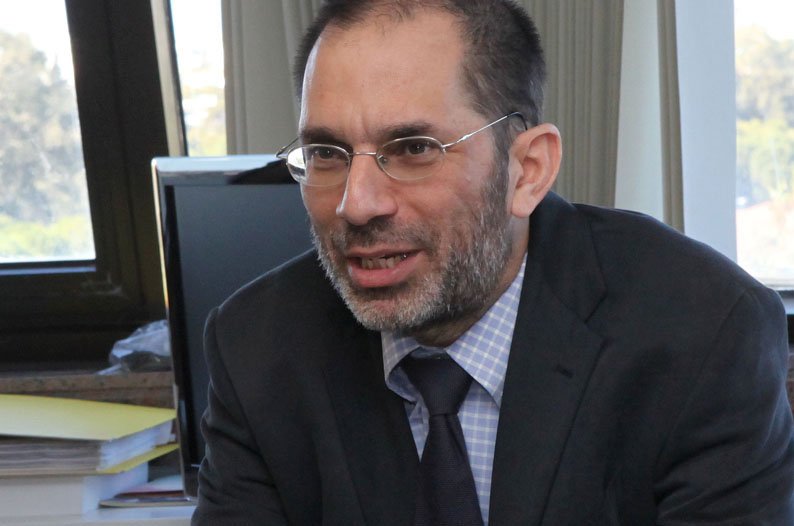The eagerly-awaited list of politically exposed persons (PEP) with bad debts at the former co-op bank was made public on Monday afternoon. It did not cause the public anger that some had expected, people perhaps having become rather blasé about the self-interested behaviour of some deputies.
Even auditor-general Odysseas Michaelides who had carried out the investigation into the PEPs seemed rather disappointed with the subdued reaction to his report. Many of the PEPs issued statements explaining that they had restructured their loans and were repaying them, while some went as far as to say that their names were mentioned wrongly as they had not taken the loans linked to them.
Michaelides took this as something of an insult to his professional competence and offered to provide more details about its findings. He invited the people mentioned in the report to authorise the audit office, in writing, to publicly comment on the data related to them; the audit office would document the correctness of its findings he said on social media. In short even the validity of the audit office’s findings was questioned.
In the end, we learnt nothing new from the audit office investigation. There were some PEPs that were not repaying their loans, just like tens of thousands of their fellow citizens, and they were offered discounts by Kedipes, which had ended up with €7.5 billion worth of the co-op’s bad debts, as part of the restructuring of the loans. They may have received more favourable restructuring terms (bigger discounts) than ordinary citizens, Michaelides’ report does not make this clear. How could it, considering there is no bank formula for restructuring loans?
In the end the audit office’s report told us nothing we did not know was happening. If any group of people should be angry about this situation it is the honest people that repaid their loans, either to the bank or the co-ops promptly, without receiving any discounts. They were penalised for honouring their signature while those who broke their contracts were rewarded with big discounts by the banks. If there were 20, 50 or 100 PEPs among the many tens of thousands that had chunks of their loans written off by banks could anyone claim this was preferential treatment considering it was standard practice?
What is reprehensible is that some of these PEPs, who voted against the passing of laws aimed at speeding up loan recoveries, were looking after their personal interests while claiming to be the defenders of the little people. Unfortunately there is no law against politicians behaving in a totally self-interested way.







Click here to change your cookie preferences